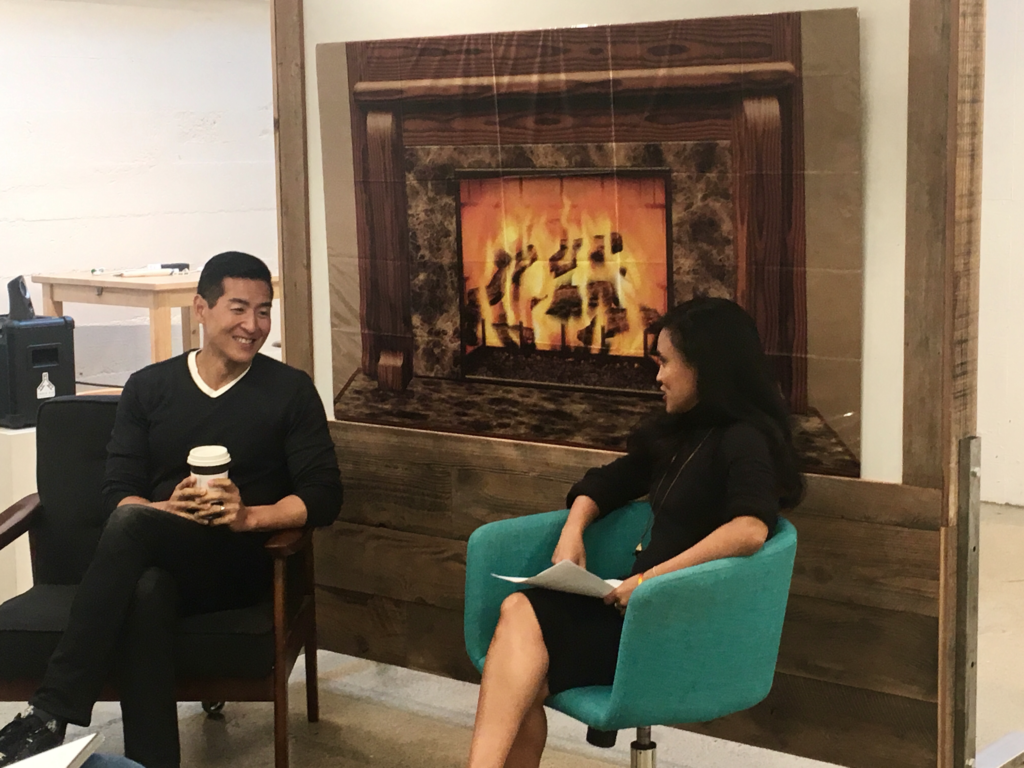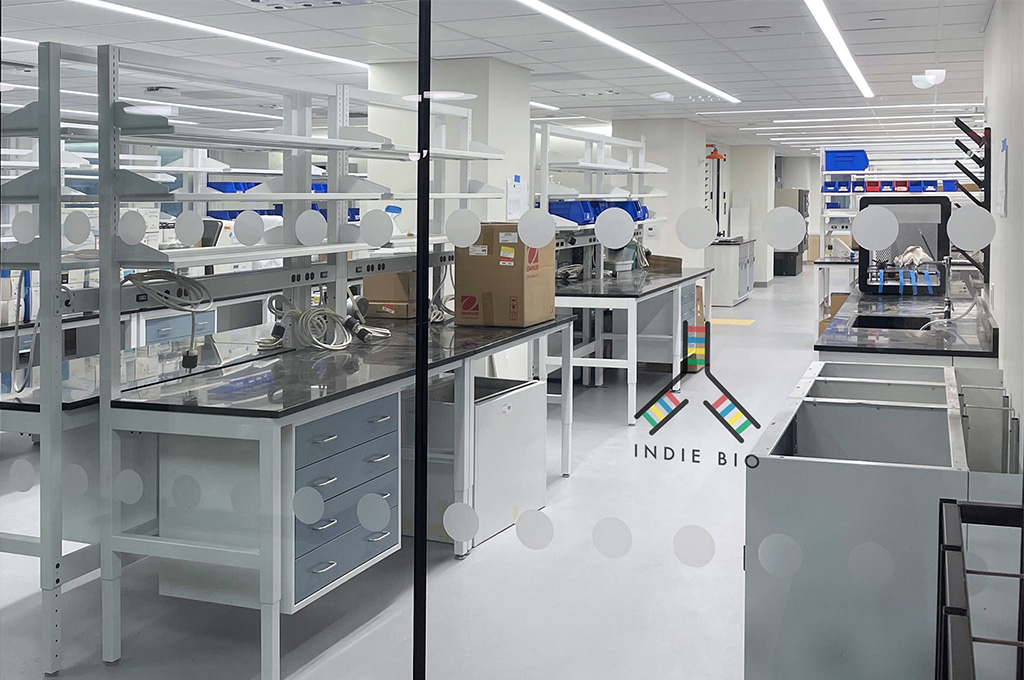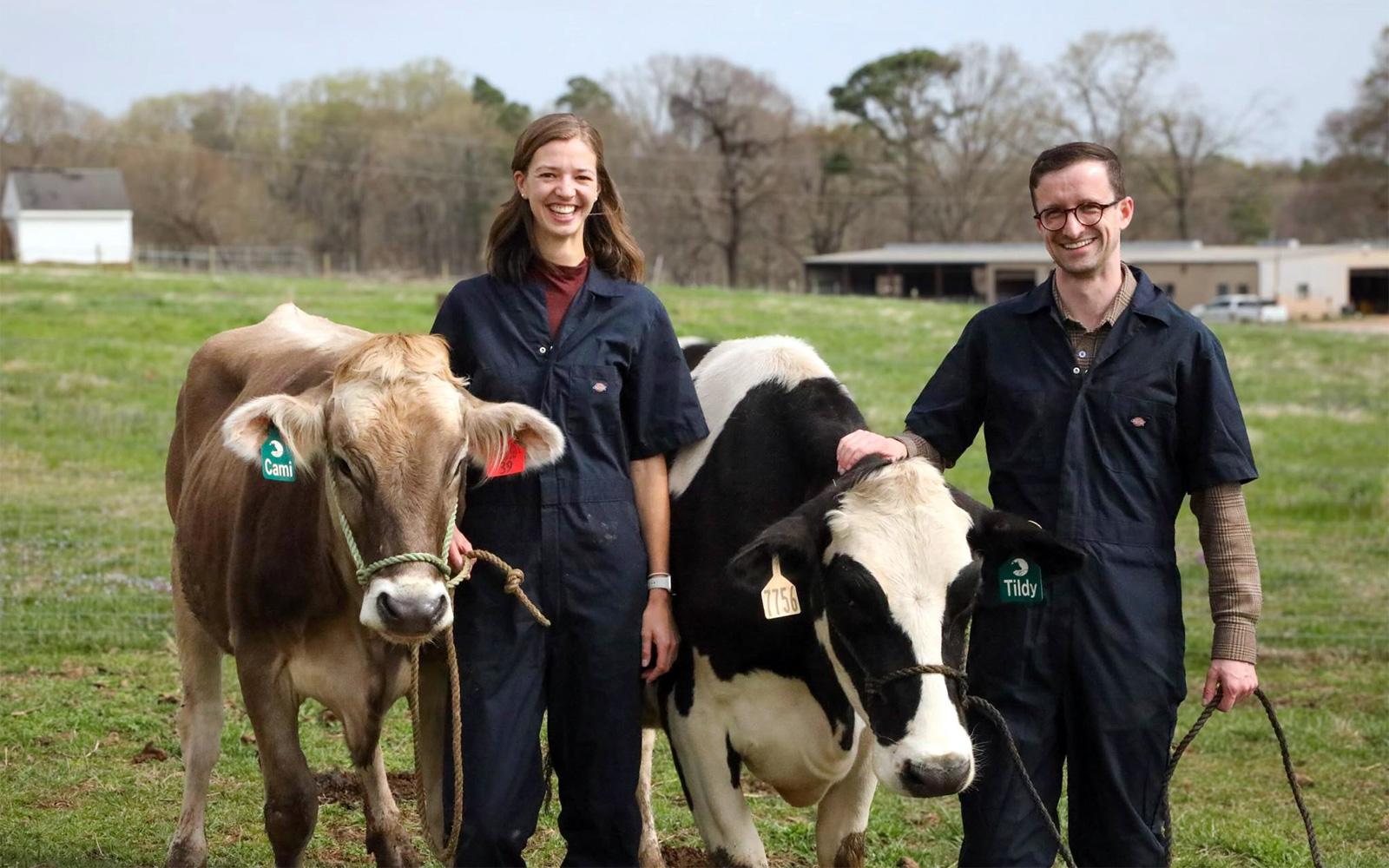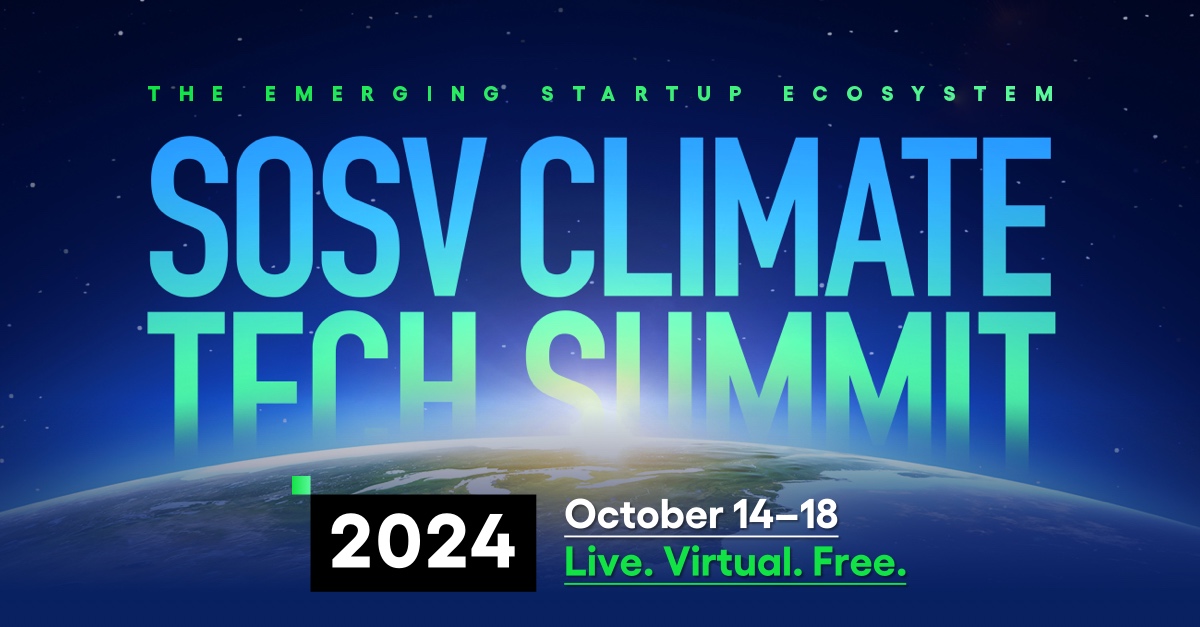
Tim Chang personifies a new breed of leadership in the venture-entrepreneur economy. He’s part of a rising alternative to the tech-bro culture that operates on aggression, domination, and winning. From the Mayfield Fund perch on Sand Hill Road, holding the purse strings on $2.7 billion, Chang has emerged as a soft-key reverend – a humanist who sees the entrepreneur’s psyche as the kernel of company culture. He dares to theorize a very un-Valley concept: that personal growth is a key to unlocking corporate growth. Venture always looks for a pattern, a formula, and after two decades in venture, Chang sees a hidden layer. His litmus test for founders is not in their startup’s growth metrics, it’s in their character and leadership. He asks himself, “Would I ever consider quitting my job and working for this person?” And he asks, even if this startup were to fail – as the vast majority do – “Would I turn around and write this founder a check for her or his next project, without hesitation?” Those are the kind of people Chang wants to back.
Chang came to IndieBio to speak to the current class of startups on “Conscious Leadership.” Provoked by only a handful of questions from Communications Director Maya Lockwood, Chang spoke at great length, extemporaneously. He was reflective, vulnerable, and disarmingly sincere.
“Venture capital has always tried to have a formula. When I first entered the industry two decades ago, that formula led us to look for repeat founders, with a track record of past success. We looked for MBAs and PhDs from Harvard, Stanford, and a small number of other schools. Then someone drew a histogram, a map, showing the lineage from William Shockley to the PayPal mafia. That became our heuristic; if you were part of the Facebook mafia, the first 100 there, and we know you were also at Google before that, et cetera.
“Today, all that is still part of the heuristic. But the founders I work with have deep self-awareness. They know why they’re building what they’re building, why they’re doing what they do. That “why” comes from a few rationals. First, it’s fun. Second, they’re often passionate about a problem they couldn’t pursue at their previous company. We’re often most passionate about that which is denied to us. Third, they’re in a position in life to be in service to society.
“I’m looking for entrepreneurs who get the concept of being a servant leader, to employees, to customers, to the world. Increasingly, I counsel entrepreneurs to focus on process, craft, and the journey, and be less attached to the outcome and results. This attachment to a particular outcome is not helping the process. That drive to reach your goal – we’ve called that ambition, and we’ve called it focus. But it also leads to misery. When you wake up every morning, stressed, because you can see the gap between where you are and your goal, that can be tremendous motivation. But what if what you’re building is the journey? And there’s a craft to what you’re doing.
“Think of the sushi master, Jiro Ono, in Tokyo. At age 92 he still loves making sushi so much, he’s still motivated by the craft. He doesn’t care about his three Michelin stars – those are a by-product of his focus on craft and process. Making sushi is his expression of being, the expression of his art.
“How does this relate to you? There’s a craft in decoding what customers need. There’s a process in being hyper-present, decoding the data to be able to forecast the trend. Doing that on a daily basis is more important to growth than reaching any absolute number. $100 million revenue in three years is arbitrary.
“I empower founders to not get hung up on the outcome. Life in a startup is a fire drill every day. You’re supposed to act like you’re crushing it all the time, when really, you’re constantly on that knife edge of failure. I help founders not live in fear of that. If we need to pivot, we’ll pivot. We’ll roll with it. There’s a saying in buddhism, “Nothing that ever happens is good or bad, it’s only the story we wrap around it.” And so often we wrap our identity in our work. That identity can become a prison. If the outcome you want doesn’t happen, your identity is torn down, you have no meaning.
“I like the pure scientist mindset. My Dad was a scientist. To him, everything was just a hypothesis. The purest of scientists detach their ego from what the science and data says. Even if their experiment fails, the true scientist knows there’s learning from it, and we are one step closer to the truth.
“My parents were Asian tigers; I measured myself by scores on tests. I was trying to prove my worth to my parents, to my classmates from school. That can be powerful, but it can also create deep insecurity, a sense the world is out to get me. I came to realize my existence as a VC was fear-based. I was always worried, “Can I stay employed? Will I make partner? Am I still on the Midas List? Will we be able to raise another fund?” I would like to tell my 25-year-old self, “Relax, dude. Think about why you’re doing what you’re doing. Have more joy. Who are you serving beyond yourself?”
“Some of my early successful investments were in gaming. I was known by many as “the Gaming VC.” Now I look back and wonder if that helped the world. We were designing for addiction, hacking design principles to keep users playing. Engagement is the code name for addiction. Today those same design principles are being used to hack e-commerce. Get people to buy more. Eat more. The economic system is itself addicted to growth. We’re at peak content, peak gaming, peak calories. I had to ask, “Am I enabling that?” This understanding had led me to making more investments in the re-use or sharing economy.
“The challenge of self-growth and spiritual practice is, as you wake up, you shed your old personality. You become aware of how much your motivation was driven by your ego, by your fear of missing out, your insecurity. This period is, at first, lonely. The term for it is “the Dark Night of the Soul,” a spiritual desolation as you shift from one phase of life into another. You can help yourself by getting a coach. Or build a personal Advisory Board, not anybody from work. Spend time with other founders who’ve walked that path. People who you can talk to without fear of judgment or retaliation.
“Your startup is an embodiment of your persona. Your personal energy. And consider for a moment that might not be the healthiest culture. Let’s say when you grew up, you were criticized all the time. It was tough but it made you better, so you understand its value. But if you treat employees like that all the time, if you’re hard on them, that won’t be a great place to work. Many startups, many companies, have created deeply demanding workplaces, and they did well – until they hit a dip. Then it wasn’t sustainable. People didn’t want to be there.
“We’re so highly attuned to rationalizing. People are good at saying, “I think this.” Ask them, “You told me what you think. That’s cool, now tell me how you feel about it?” You give people permission in how you speak. If you lead with vulnerability, that can be your superpower. Culture in a company is more felt than analyzed. The art of building a startup is a healing process. We bond through shared transformation, we bond through overcoming adversity. When that happens –the act of that – we’re brothers for life. Those relationships get you through, and will last a lot longer than the money lasts.
“The best captains are not always the star players, they bring the best out of others. What makes a team click is how people complement each other. I learned a lot as a musician in bands. The greatest bands, they’re such good listeners to each other’s music. They can sense when to shine and when to hold back. When you have too many star players, for whom it’s always about me, the music doesn’t sound good.
“Make sure the values you espouse actually connect to your business on a daily basis. If in meetings, those values aren’t coming up – if they aren’t helping you make decisions – then you chose useless values.
“As a VC, 99% of the time, I have to say “no.” There’s very little “yes.” Lately I’ve been more empathetic to that. I love what all founders are doing. Statistically, most won’t make it. But there’s value in the attempt. It creates learning we all benefit from, contributing to the Cambrian seed, the sum of all the possible combinatorial experiments we are running. I want to honor that.



